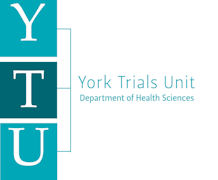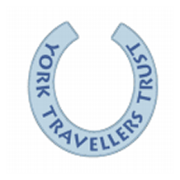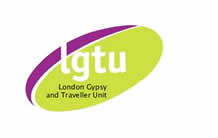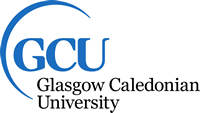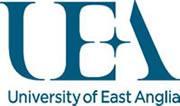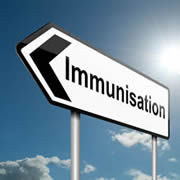UNITING - UnderstaNding uptake of Immunisations in TravellIng aNd Gypsy communities: a qualitative interview study
Access to immunisations among the traveller community is low compared to the general population. This study found multiple reasons for this and identified priorities for interventions to support increased immunisation take up for this community.
Why did we do this research?
Rates of accessing health care services such as immunisations are low among travellers (Gypsies, Travellers, Roma). Therefore, we needed to understand what helps and hinders individuals to access these services in order to improve take up rates.
What did we do?
Initially, interviews were conducted with travellers from a range of communities and service providers who work with travellers. This was to identify barriers to immunisation uptake within the traveller community. Based on the interviews, ideas were developed aimed at increasing uptake; these were discussed in workshops with travellers and service providers.
Who was involved?
The study involved 174 individuals from six traveller communities in the UK: Romanian Roma (Bristol); English Gypsy/Irish Traveller (Bristol); English Gypsy (York); Romanian/Slovakian Roma (Glasgow); Scottish Showpeople (Glasgow); and Irish Traveller (London) and 39 service providers who work with travellers.
What did we find?
The majority of those interviewed accepted that immunisations were a positive thing but there were concerns over certain vaccines in some communities. Other barriers identified were: language, reading, discrimination, school attendance, poverty, housing, booking and difficulty attending appointments. Service providers reported they tried to tailor their work to the communities however funding cuts, NHS reforms and poor monitoring challenged their work.
Five ‘top priority’ interventions were agreed as most important across the communities:
- Training of health professionals to understand Traveller way of life
- Identification of Travellers in health records to tailor support and check uptake
- Provision of a named frontline person in general practitioner practices to provide respectful/supportive service
- Flexible systems for booking appointments, recall and reminders
- Protected funding for health visitors specialising in Traveller health
What have we learned?
Developing a national plan based on the top priority interventions identified in this study would be a useful next step to help increase access to immunisations amongst the traveller community.
Publications
Jackson C, Dyson L, Bedford H, Cheater FM, Condon L, Crocker A, et al. UnderstaNding uptake of Immunisations in TravellIng aNd Gypsy communities (UNITING) A qualitative interview study. Health Technol Assess 2016;20(72) doi: 10.3310/hta20720
Privacy Notice: How we use your research data
Team
Cath Jackson
Lisa Dyson
Helen J Lewis
Karen Overend
Zoe Richardson
Department of Health Sciences, University of York, York, UK
Helen Bedford
Philippa Kemsley
Institute of Child Health, University College London, London, UK.
Francine M Cheater
School of Nursing Sciences, University of East Anglia, Norwich, UK.
Louise Condon
College of Human and Health Sciences, Swansea University, Swansea, UK.
Annie Crocker
Member of English Gypsy community in Bristol, UK.
Carol Emslie
Lana Ireland
Susan Kerr
Institute for Applied Health Research, School of Health and Life Sciences, Glasgow Caledonian University, Glasgow, UK.
Julie Mytton
Centre for Child and Adolescent Health, University of the West of England, Bristol, UK.
Sarah Redsell
Faculty of Health, Social Care & Education, Anglia Ruskin University, Cambridge, UK.
Christine Shepherd
York Travellers Trust, York, UK.
Lesley Smith
Member of English Roma community in York, UK.
Funding
The research was commissioned by NIHR HTA programme (Award ID: 12/17/05) and a grant of £328,114.72 awarded. The project was started in September 2013 and completed in October 2015
Study Registration
The study was registered on the ISRCTN register: ISRCTN20019630 https://doi.org/10.1186/ISRCTN20019630
